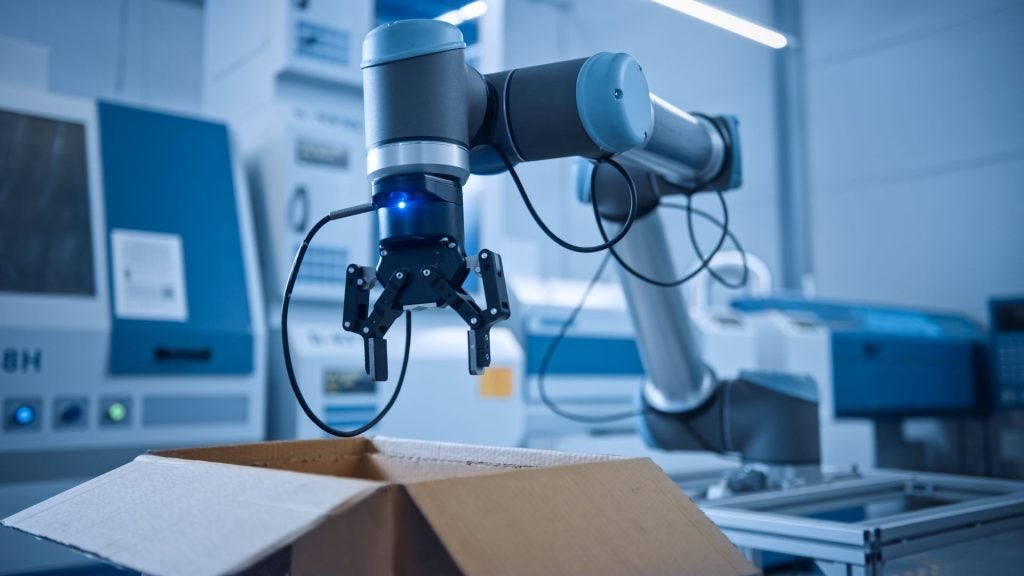In today's dog-eat-dog marketplace, packaging serves as a powerful tool for branding, marketing, and sustainability. As consumer demands evolve and environmental concerns intensify, the packaging industry is undergoing a significant transformation driven by technological advancements.
In this article, we delve into the top emerging technologies revolutionising packaging, paving the way for a more sustainable and efficient future.
The importance of sustainable packaging
Before delving into the cutting-edge technologies shaping the packaging industry, it's crucial to understand why sustainable packaging has become a paramount concern.
With increasing awareness about environmental issues, consumers are demanding eco-friendly alternatives to traditional packaging materials like plastic.
Additionally, stringent regulations and corporate sustainability goals are driving companies to adopt greener practices throughout their supply chains.
Sustainable packaging aims to minimise environmental impact by using renewable or recycled materials, reducing waste, and lowering carbon emissions.
It encompasses various strategies such as lightweighting, biodegradability, compostability, and recyclability. However, achieving sustainability goals requires innovation, and this is where emerging technologies play a pivotal role.
Top 3 revolutionary technologies shaping the future of packaging
Biodegradable and edible packaging
One of the most promising advancements in sustainable packaging is the development of biodegradable and edible materials. Bioplastics derived from renewable sources such as corn starch, sugarcane, or algae are gaining traction as alternatives to conventional plastics.
These materials decompose naturally, reducing the burden on landfills and oceans. Moreover, edible packaging made from seaweed, starches, or proteins offers a novel solution to single-use plastics. Not only are they biodegradable, but they also provide an innovative way to reduce food waste.
Smart packaging with RFID and NFC technology
The integration of Radio-Frequency Identification (RFID) and Near-Field Communication (NFC) technology is revolutionising packaging in terms of traceability, security, and consumer engagement.
RFID tags and NFC chips embedded in packaging enable real-time tracking throughout the supply chain, enhancing transparency and reducing the risk of counterfeiting.
Additionally, smart packaging allows consumers to access product information, authenticity verification, and interactive experiences through their smartphones.
This technology not only enhances the overall brand experience but also enables companies to gather valuable data for supply chain optimisation and targeted marketing.
3D Printing for customised packaging solutions
3D printing, also known as additive manufacturing, is disrupting traditional packaging production methods by offering customisation, flexibility, and waste reduction.
With 3D printing, packaging designers can create intricate shapes and structures that were previously impossible with conventional manufacturing techniques. This level of customisation enables companies to tailor packaging solutions to specific products, reducing material usage and transportation costs.
Furthermore, 3D printing allows for on-demand production, eliminating the need for excess inventory and reducing the environmental footprint associated with mass production.
Embracing innovation for a sustainable future
As the packaging industry continues to evolve, embracing technology is essential for driving sustainability and meeting the demands of both consumers and regulators.
The adoption of emerging technologies such as biodegradable materials, smart packaging, and 3D printing not only reduces environmental impact but also enhances efficiency and consumer experience.
By prioritising innovation and collaboration, the packaging industry can pave the way for a more sustainable and prosperous future.









